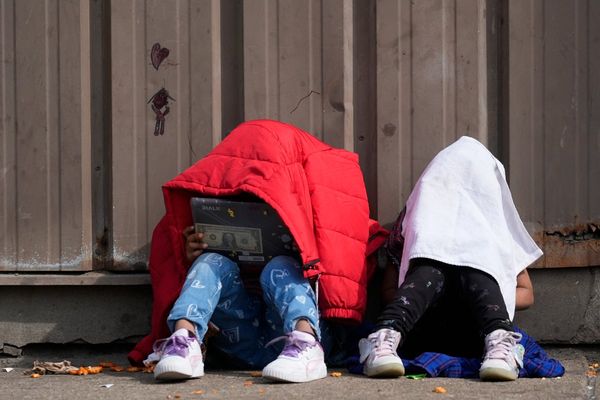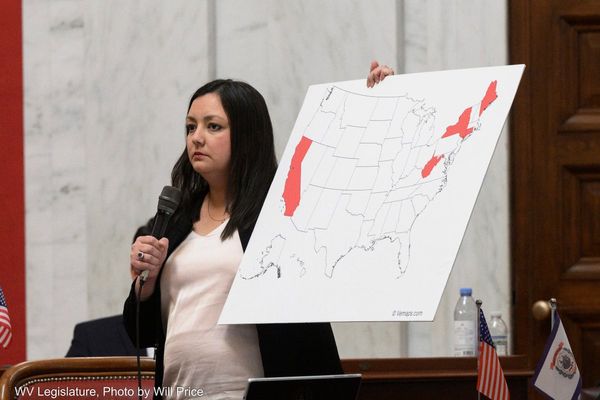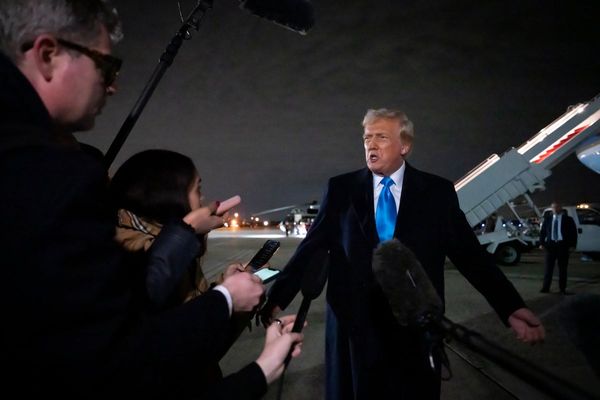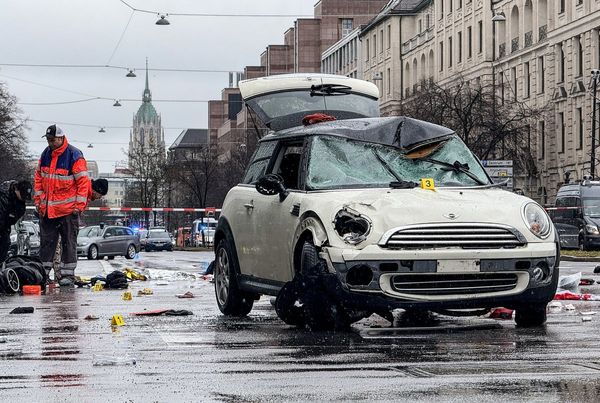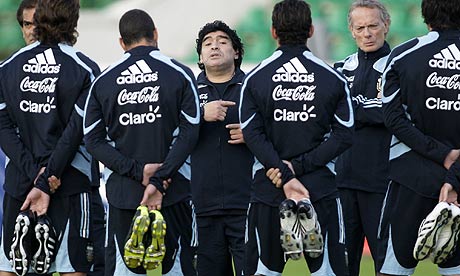
To say the state of Argentina's football is "chaotic" may be the understatement of the century but with characteristic aplomb, Diego Maradona uttered the remark in Moscow to the Argentinian press corps. He was referring to how he views the national squad, due to play their last friendly fixture before the double challenge of World Cup qualifiers in early September, beginning with the visit of Brazil.
Maradona's Argentina face Russia today and a last-minute injury to Lionel Messi was perhaps the last straw for the manager, who said candidly: "I didn't want to play this match, I said so from the beginning."
His sixth sense came into play when he saw the look on the face of the squad's medic as he approached to break the news about Messi. "I just knew he wasn't coming to says something nice," remarked Maradona, and this after he stunned the press by failing to turn up to a scheduled conference. A spokesman said the manager and his players "were resting". A Russian representative expressed annoyance in response: "But we had a clear agreement."
The incident was an uncomfortable echo of the set-up back home, where AFA president, Julio Grondona, (who is usually present at international fixtures) led the nation's football establishment to announce the 'death' of the TV contract which he signed only last year. In a bold move, representatives of every single club in Argentinian football agreed unanimously to end the deal, backed, it is believed, by government promises of a state intervention to more than double the contract and air football on free-to-view channels.
Although presented as a consequence of the financial crisis which lead to the delay of the start of the season, the move is understood to be a bitter power struggle between Argentina's most powerful media group – Clarín – and the administration of President Cristina Fernández de Kirchner.
The tournament is now set to kick-off on 21 August (a week later than scheduled) "with or without TV". But TSC, the company who hold the rights, have issued a lengthy communiqué stating all the reasons why this will be regarded as a clear breach of contract and that judiciary action will be taken against the AFA. An AFA spokesman said the clubs need not fear legal reprisals, as it intends to assume the whole burden of responsibility. But this is set to become a long-running and historic struggle.
Among the many and complicated consequences this will have, the immediate one for Maradona is that the usual posse of club chairmen, TV executives, and other men of football who surround the national squad delegations in hotel lobbies and training grounds when on international duty is absent. Alone, and facing a line-up which he himself described as "what's available", Maradona described the mood thus: "We're wetting ourselves."
The match itself is meant to serve as a final test run for the clash with Brazil in Rosario on 5 September. Maradona had said he would not try anything strange in Moscow and plans to put out the side that will probably face Brazil with the caveat that injury has kept several crucial figures from facing Russia. Diego Milito is expected to take Messi's place up-front, alongside Sergio 'El Kun' Agüero.
Maradona's counterpart for Russia, Guus Hiddink, is a man whose experience in the role surpasses Diego's 10-fold but like the 1986 World Cup-winning captain, believes in playing attractive, attacking football. Thankfully, then, the game is being televised back in Argentina as the TV deal to televise the national squad has not been included in the decision by the football establishment. But if ever there was a time when the darker side of this business threatened to cast a shadow on its playful essence, this is it.
Money kick-started the saga Argentina's domestic league finds itself in now and money drove the reluctant Maradona and his men to Moscow in the first place (the friendly is backed by a deal with a Russian company). The risk, as ever, is that the football will suffer. As Robert Graves put it: "There's no money in poetry, but then there's no poetry in money, either."
